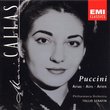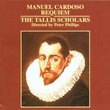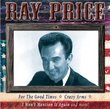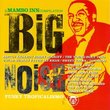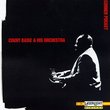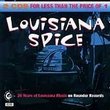| All Artists: Giacomo Puccini Title: Puccini: La Boheme (complete opera) with Maria Callas, Giuseppe di Stefano, Anna Moffo, Antonino Votto, Chorus & Orchestra of La Scala, Milan Members Wishing: 0 Total Copies: 0 Label: EMI Classics Release Date: 8/19/1997 Genre: Classical Styles: Opera & Classical Vocal, Historical Periods, Modern, 20th, & 21st Century Number of Discs: 2 SwapaCD Credits: 2 UPC: 724355629524 |
Search - Giacomo Puccini :: Puccini: La Boheme (complete opera) with Maria Callas, Giuseppe di Stefano, Anna Moffo, Antonino Votto, Chorus & Orchestra of La Scala, Milan
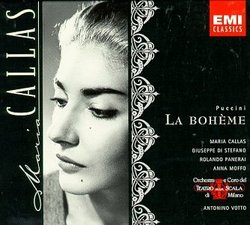 | Giacomo Puccini Puccini: La Boheme (complete opera) with Maria Callas, Giuseppe di Stefano, Anna Moffo, Antonino Votto, Chorus & Orchestra of La Scala, Milan Genre: Classical
|
Larger Image |
CD DetailsSimilar CDs
Similarly Requested CDs
|
CD ReviewsA most surprising Mimi 08/15/1999 (5 out of 5 stars) "Again Maria Callas takes us by surprise. We of the post-war generation, so accustomed to seeing her life in "Life" photoessays, so prone to picturing her as Medea, as Tosca---the "fiery" Callas---are forced to re-evaluate her upon encountering her Mimi.The first two acts may not have the boundless melting beauty of Tebaldi/Bjorling, or of Freni/Pavarotti. What they DO have is a wonderful, atmospheric, authentic BOHEMIAN sound: the characters endear themselves immediately, and are real and wonderfully etched. The mood has some sparkle to it, unlike some of the more recent, somewhat overblown and ponderous sets. By the third act, Maria Callas' Mimi starts to climb head-and-shoulders over her rivals. Her flood of hurt as she confronts Marcello, seeking knowledge of Rodolfo's whereabouts, simply pours out, and the listener is riveted by a degree of wounded hurt not heard in other Mimis.One of the most interesting contributions to the set is that of Giuseppe di Stefano's. He conveys something that I've never heard another tenor manage. In "Mimi e una civetta", you hear his scorn, his digust at her flirtaciousness. After close questioning by Marcello, he answers honestly, with painful truthfulness: in "Mimi e tanta malata", you really HEAR, deeply and fully, the full meaning of the opera: he has left her BECAUSE she dying, and he loves her to the point of leaving her, so that she may find a wealthy man who may be able to keep her alive.In the performances of other tenors, you understand this vital point more from the libretto than from the voice. In Giuseppe di Stefano's rendition, he uses his wonderfully emotive voice to make this point. It is a wonderful and profoundly sad exposition: he tells this "story" with such skill. Hearing it, I felt as though I really understood Boheme for the first time.The last act is the stuff of which tears are made, nary a misstep from any of the principals. The conductor, Votto, has wisely allowed moments of stillness and never seeks to "convince" through bombast. Callas' Mimi fades away with enormous but tasteful pathos. And in di Stefano's final wrenching cries of "Mimi!", I found the ONLY tenor who brings me to real tears---perhaps simply because his ability to convey a reality through his wonderfully expressive voice is so unique.Try this set---and see if Freni and Pavarotti can ever again make you FEEL that degree of emotion, the sense you have just shared in some wrenching communal grief. This set has a rare power." Callas rules J. Buxton | Waltham, MA United States | 01/11/2000 (5 out of 5 stars) "Okay I admit I'm a huge Callas fan, but this is a great set when you consider the performances of Di Stefano and Moffo. I particularly enjoy Moffo's playfulness in the role of Musetta. Although you wouldn't think this role would be right for Callas, she shows the extent of her genius in the subtle way she portrays Mimi. If you listen to her famous "Tosca", and then listen to this Mimi, it is hard to believe it is the same person singing except of course for her distinctive voice timbre. It is obvious she is completely immersed in the role, a tribute to her versatility." La Boheme at its best Annabelle Legarski | 03/16/2004 (5 out of 5 stars) "There are many great Bohemes, my favourites are the classical set with Björling and de los Angeles, this set with Callas and the one with Carreras and Stratas. (On DVD) Callas totally surprised me. Unlike her Medea or Tosca she sounds gentle, vulnerable and loveable. There is this precious colour she only used for Mimi, it's so hard to describe... Di Stefano sounds honeyed, passionate and great as Rodolfo, a role that suited him much better than for example Manrico. Moffo dazzles as young Musetta. It's a great addition to every opera-collection."
|

 Track Listings (13) - Disc #1
Track Listings (13) - Disc #1


